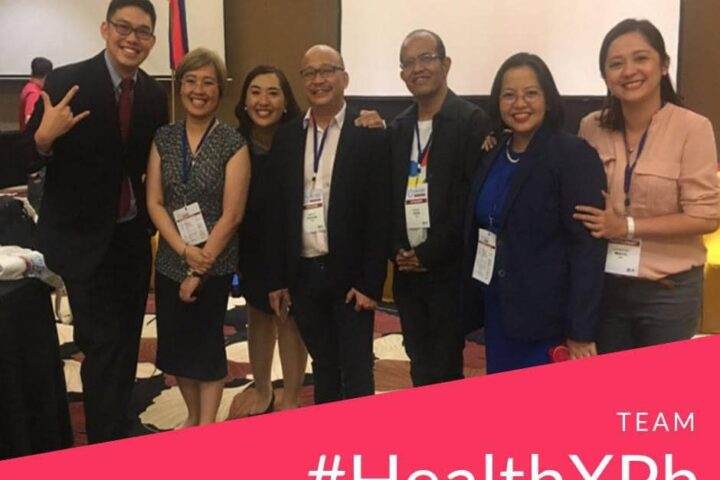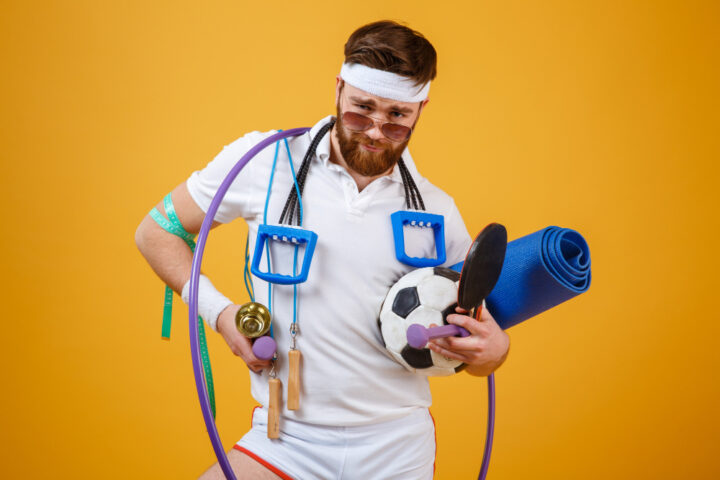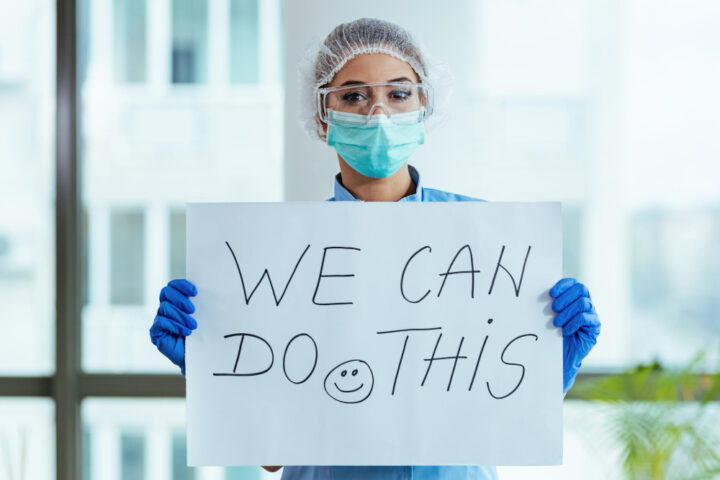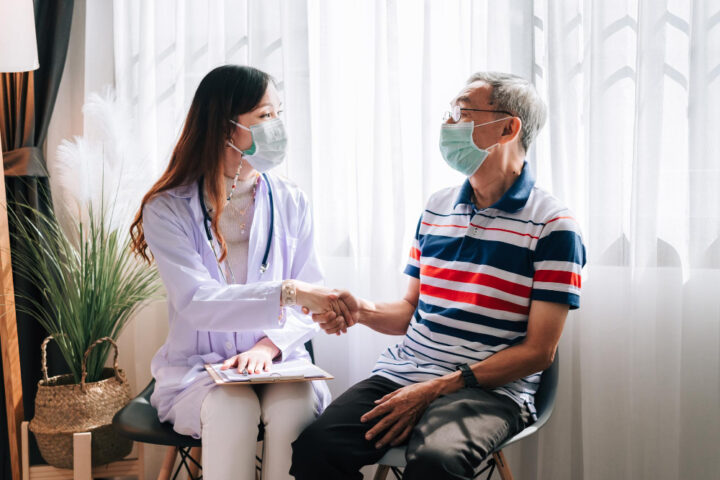Emma (not her real name) is a 27 year old female who consulted me for a non healing wound on her right foot. She was with her husband who related that the wound appeared more than six months ago. She couldn’t remember what caused the wound or how she got it. Emma said the wound appeared just days after she arrived home from her job abroad.
“I just woke up one day noting the foul smelling discharge coming off a wound in my foot ” said Emma in the local vernacular. “No accidents, no trauma before this” she added.
For weeks Emma dressed her wound daily but after a month of without improvement, she went to a physician for a consult. She said she couldn’t remember what was the physicians diagnosis and the medications given but said she took the meds religiously for 2 weeks. By the end of two weeks, it’s clear the wound isn’t healing. She, her husband and their physician agreed surgery is needed. Months after the surgery and several antibiotic regimens after, the wound still didn’t heal. Thus Emma ended up in my clinic.
“All those times, you didn’t know what was the diagnosis and treatment you had?” I asked. “Or you don’t recall?”
“No. the doctor told me what the diagnosis and what treatment is he recommending. I said I understood, although I really wasn’t sure if I understood it enough. ” Emma continued. A bit curious, I asked. “Why didn’t you ask further or clarified?” Her smiling, timid response was ” I’m too shy to ask further.”
After explaining the importance of knowing previous diagnoses and treatment, I told Emma I have to repeat the lab work up and that will entail cost. “Sayang! ” blurted her hubby in reference to the cost of forgetting previous medical information.
In the age of shared decision making medicine, patients like Emma are still too shy to ask their physicians about their conditions and treatment. What causes this obstacle is uncertain even to physicians themselves. What is sure though is the added costs- duplicating work ups, consults and even treatments, such simple “silence” could bring affront.
A 2012 Health Affairs study published three important findings that are seen as key obstacles to patients actively participating (shared decision making) in their treatment.
Patients feel compelled to conform to socially sanctioned roles and defer to physicians during clinical consultations; that physicians can be authoritarian; and that the fear of being categorized as “difficult” prevents patients from participating more fully in their own health care.
Of these three, I often hear patients say to me this during decision making counselling “Ikaw na bahala doc kung anu magandang gagawin sa akin” Translated, “ I leave the decision to you doctor, you know whats best for me“. These are telltale signs the patients are compelled to default to socially sanctioned roles. Physicians are seen as authorities, and that asking them or questioning their judgements is often seen as insults in our present society.
Physicians are sometimes , not without fault. When we encounter “critical” or “vocal” patients, we consciously or unconsciously label them as “difficult” or “makulit” patients. Without us even telling our patients, our gestures and reactions often give away our “labelling”. This makes shared decision making even more difficult.
“Hay, Ate Emma next time, magtanong at makinig sa duktor nyo ha?” Next time ask your doctor if you don’t understand what he or she says! I told Emma a bit exasperated but unintentionally reinforcing the “authoritarian” physician me!
How do we solve this divide? Would a society like ours-shy, patriarchal, authoritative, evolved into a shared decision making healthcare?
Frankly, I don’t know. I never stop trying though. I encourage my patients to ask questions whenever they don’t understand what I’m saying. I encourage them to read about their conditions. I asked them to read on the internet and ask me some more of what they don’t understand from it. But, I’m always honest whenever I don’t know the answer and the limits of my technical knowhow. CNN even had recommendations for patients afraid of “speaking up” to their physicians.
Medicine is an imperfect science. Which makes the “art’ part even more necessary when we deal with our “shy” patients.
In the age of internet, our society still has a long way for shared decision medicine. But physicians have to do our part never giving up trying ways to defeat these obstacles. With social media fast becoming the patient’s choice of broadcasting their health conditions (rather than their “authoritative” physicians), we may have found ourselves an ally and enemy in our evolution into shared decision making medicine.
“Doc, post ko po sa Facebook yung picture ng sugat ko, tingnan nyo po?” (Doc I’ll post my wound pictures on facebook, would you see it there?”) Emma told me on the phone. With a deep breath I said “No. Please come to my clinic and i’ll take a look at it” .
Now, we have social media! Should I make it my ally or another “complication”?














